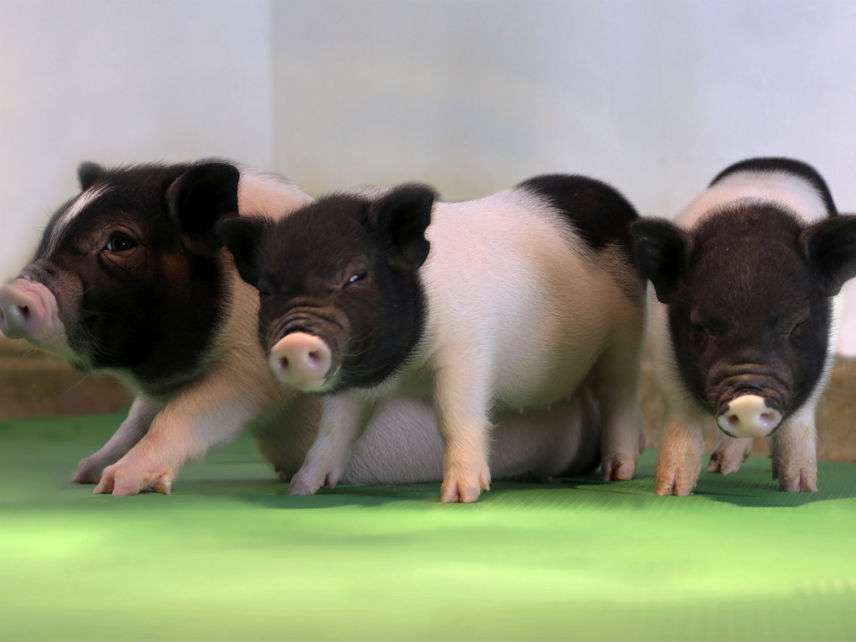Transplant Organs from Gene-Edited Pigs; Milestone Achieved
Cloned pigs are a big step toward alleviating the shortage transplant organs

Today a team associated with the biotech startup eGenesis published an article in Science demonstrating gene editing techniques that allowed for the cloning of 15 retrovirus-free piglets.
The breakthrough might one day soon allow for the use of pig organs for human transplant. What a fantastic time to be alive!
About 22 Americans die each day waiting for a transplant. Making human-compatible pig organs could go a long way toward alleviating the shortage of transplant organs.
Pig organs are essentially the right size for transplantation to replace damaged organs in humans. Unfortunately, there are two problems standing in the way. First, human immune systems speedily reject transplated pig organs. And second, the genomes of pigs are loaded up with endogenous retroviruses (PERV) that might become activated and cause diseases after organs have been transplanted.
Rejection occurs because pig organs are decorated with carbohydrate molecules that human antibodies recognize as foreign and then attack. Today the New York Times notes that other researchers have already had some success in using gene-editing to clone pigs without the tell-tale porcine carbohydrates. They have successfully transplanted hearts and kidneys taken from their gene-edited pigs into monkeys and baboons who have so far lived more than year. eGenesis says that it is working to combine the two advances.
The inactivation of PERV prevents cross-species viral transmission. This breakthrough in producing the first PERV-free pigs is an important milestone for xenotransplantation. The team used the precise CRISPR genome-editing technique to eradicate all PERV activity in pig skin cells which were then used to clone PERV-free pigs.
The researchers next aim to overcome the problem of immune rejection.


Show Comments (17)